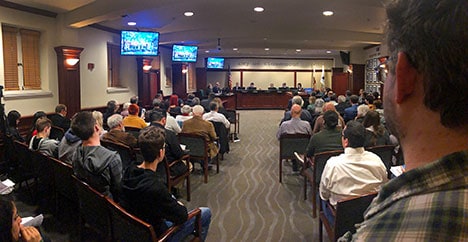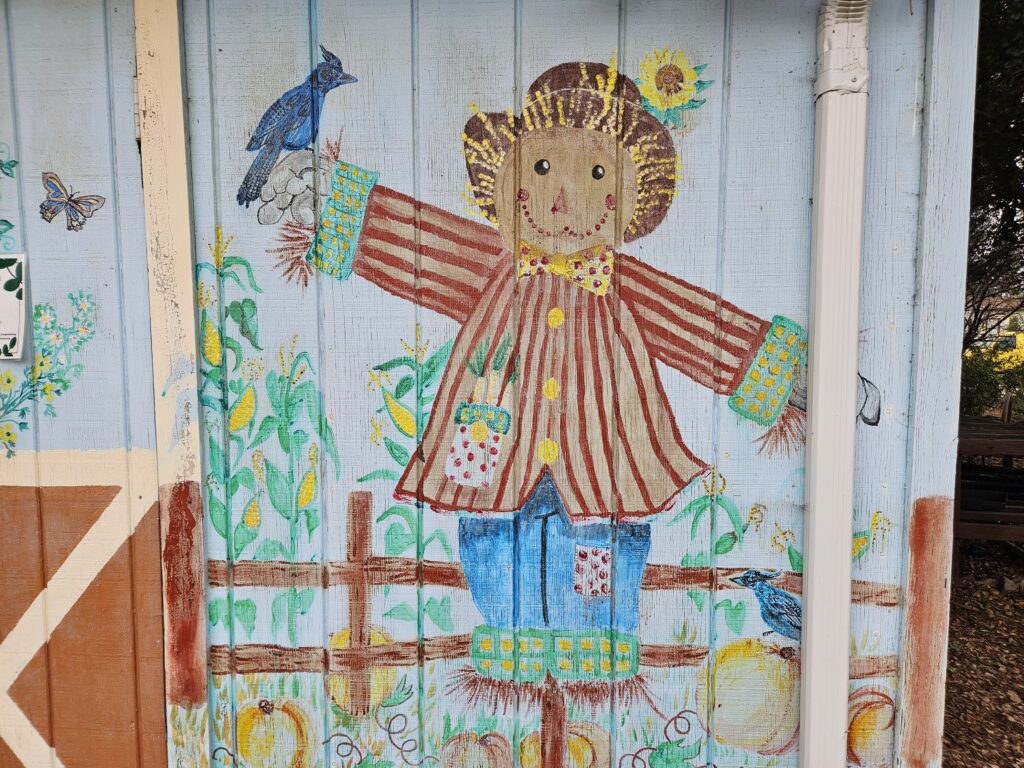City sanitation and sewer rates going up

by Andrew Alonzo | aalonzo@claremont-courier.com
Claremont City Council announced at its May 13 meeting that 3% increases in sewer and sanitation rates will go into effect July 1.
The increases stem from ordinances 2021-01 and 2021-02, passed in June 2021, which impose annual 3% caps on increases for services, which the council must announce yearly.
The increases are determined by the Los Angeles area Consumer Price Index or 3%, whichever is lower, according to the staff report, which noted the LA area March 2024 to March 2025 CPI was 3%.
Monthly sanitation rates for curbside, single-family residential solid waste pickup of single 35-, 64-, and 96-gallon cans will hit $29.56, $35.32, and $45.06 respectively. Other sanitation services, including waste pickup for low income and commercial clients, sewer maintenance, and street sweeping fees will also see a 3% bump. A fee schedule is listed at claremontca.gov, search “sewer and sanitation.”
The increases are necessary to sustain operations, according to a staff report. It notes anticipated expenditures for the 2025-26 sewer fund budget are $1.6 million, with revenue projections of just over $1 million, including the 3% increase. The 2025-26 sanitation fund budget includes $9.9 million in anticipated expenditures and $8.7 million in revenue, also including the 3% increase.
“The $1,186,408 deficit is due to scheduled vehicle replacements,” according to the staff report. “Sanitation vehicles are purchased using funds that have accumulated in the Sanitation Fund balance. Therefore, the 3.0 percent increase is necessary to ensure that funds are available for scheduled vehicle replacements and to sustain increases in operating costs in accordance with the fee ordinance.”
The council also passed a multi-family bulky item pickup pilot program, allowing multi-family properties to receive three free bulky item pickups per unit per year. The program goes into effect July 1 and will sunset June 30, 2026, according to Public Information Officer Bevin Handel.
“The pilot program will enable City staff to develop a tracking system, track participation, and evaluate program costs,” read a staff report. “City staff will utilize findings from the pilot program to develop updated multi- family sanitation rates in 2026 to cover program costs. The proposed rates will be evaluated by the City Council as part of a comprehensive sanitation rate review in spring 2026.”
Handel wrote in an email that “the data will be evaluated and then worked into a budget proposal for funding in the [fiscal years] 2026-28 budget,” meaning there will be no end date, but instead a “transition from ‘pilot’ to a budgeted program proposal for the next two-year budget cycle.”








0 Comments